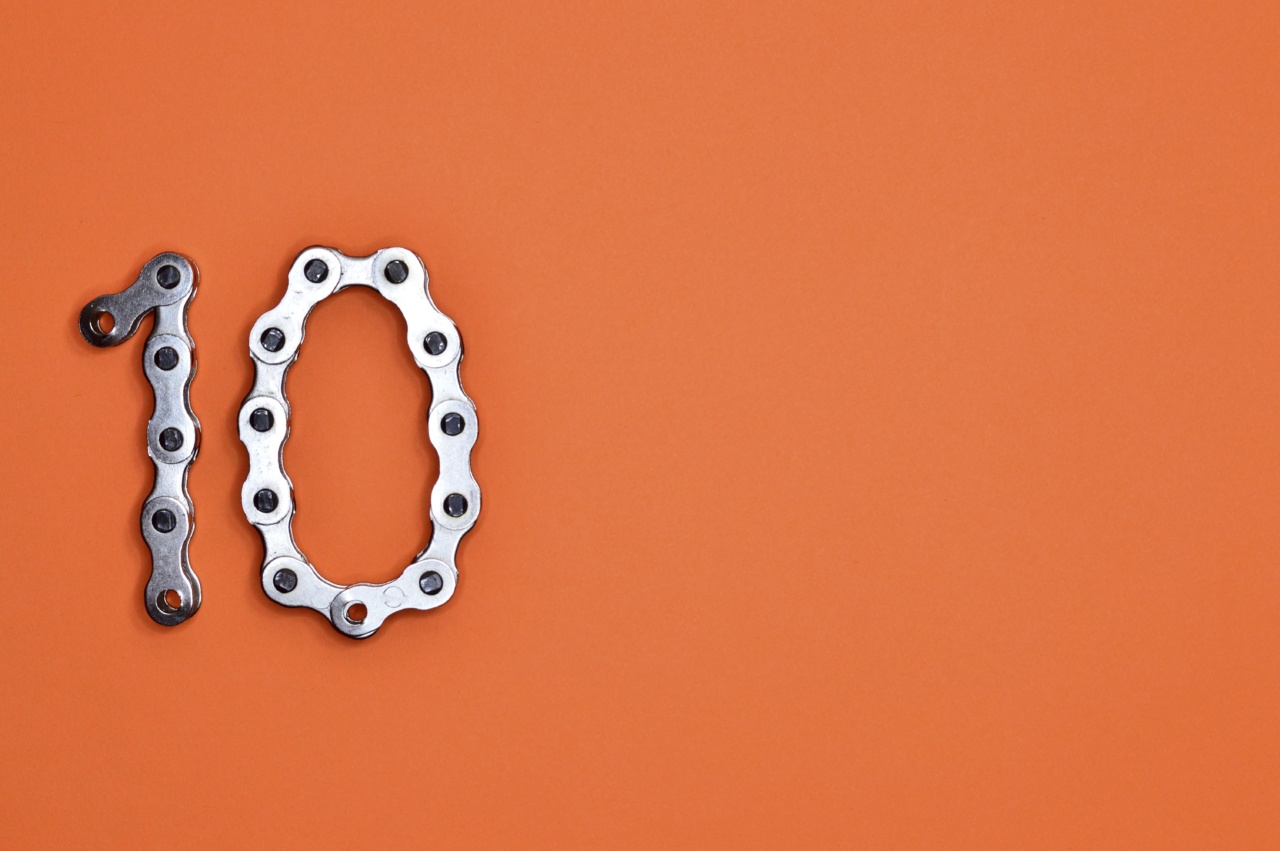Throughout history, there have been numerous examples of artists and writers who have suffered from mental illness. Vincent Van Gogh, Virginia Woolf, and Ernest Hemingway are just a few of the notable names that come to mind.
Researchers have long been fascinated with the connection between creativity and mental illness. Recent studies have shown that there is indeed a genetic link between psychosis and creativity.
The Connection Between Psychosis and Creativity
Psychosis is a mental disorder characterized by a loss of contact with reality. People suffering from psychosis may experience delusions, hallucinations, and disordered thinking.
In some cases, these symptoms can be severe enough to require hospitalization.
Creativity, on the other hand, is often associated with innovative thinking, artistic ability, and the ability to see things from a unique perspective.
It is often thought that creative people are more likely to be drawn to careers in the arts, but creativity is present in a wide range of fields, including science, engineering, and business.
So, how are psychosis and creativity connected? Recent studies have found that people who have a genetic predisposition to psychosis are also more likely to possess certain personality traits that are associated with creativity.
For example, people with psychosis are more likely to be open to new experiences, have a higher level of spontaneity, and have an increased level of curiosity.
The Role of Dopamine
One of the key factors in the connection between psychosis and creativity is the role of dopamine in the brain. Dopamine is a neurotransmitter that is involved in the reward system of the brain.
It is released when we engage in pleasurable activities, such as eating, having sex, or using drugs.
Studies have shown that people with psychosis have elevated levels of dopamine in their brains. This can lead to a heightened sensitivity to stimuli and an increased level of creativity.
However, it can also lead to delusional thinking, hallucinations, and other symptoms of psychosis.
The Creative ‘Edge’
While the link between psychosis and creativity is intriguing, it is important to note that not all creative people have psychosis. In fact, only a small percentage of people with psychosis exhibit creative abilities.
However, for those who do possess both traits, the combination can provide a unique ‘edge’ in their work.
For example, studies have shown that people with psychosis are more likely to come up with innovative solutions to problems.
They are also more likely to see things from a unique perspective and to be able to make connections between seemingly unrelated concepts. This can be invaluable in creative fields, where the ability to think outside the box is highly valued.
The Dark Side of Creativity
While creativity can provide a competitive advantage in some fields, it is important to note that it can also have a dark side. People with psychosis may be more prone to depression, anxiety, and other mental health issues.
They may also be more likely to engage in risky behaviors, such as drug use or excessive alcohol consumption.
In addition, there is a well-documented link between creativity and mood disorders. Studies have found that people with depression and bipolar disorder are more likely to be creative than the general population.
This can be seen as a double-edged sword, as while creativity may help to alleviate the symptoms of these disorders, it can also contribute to them.
Conclusion
The link between psychosis and creativity is a fascinating topic that is still being explored by researchers.
While there is evidence to suggest that there is a genetic connection between the two traits, it is important to note that not all creative people have psychosis, and not all people with psychosis are creative.
As we continue to unravel the mysteries of the human brain, it will be interesting to see how our understanding of creativity and mental illness evolves.
With new breakthroughs in neuroscience and genetics, we may be able to gain a deeper understanding of how our brains work and how we can harness our creativity to make a positive impact on the world.






























